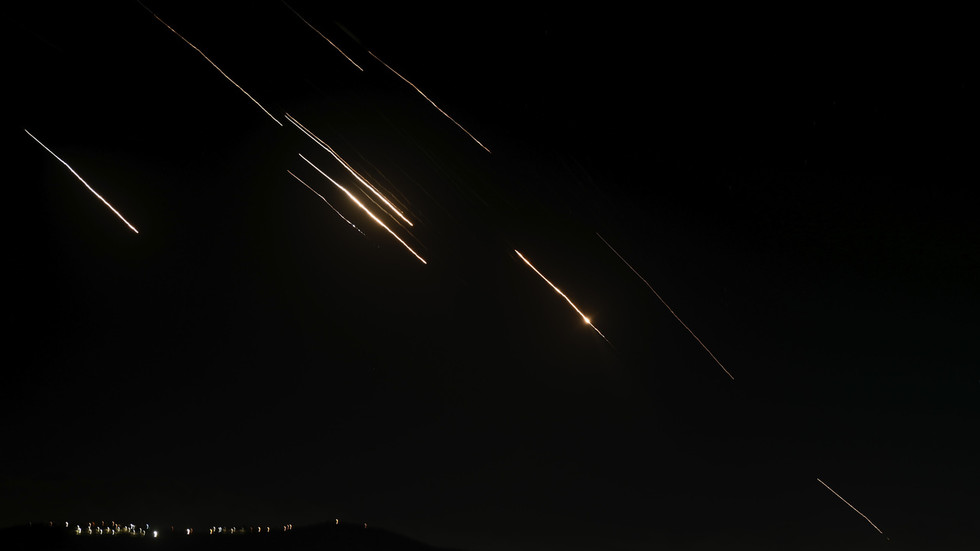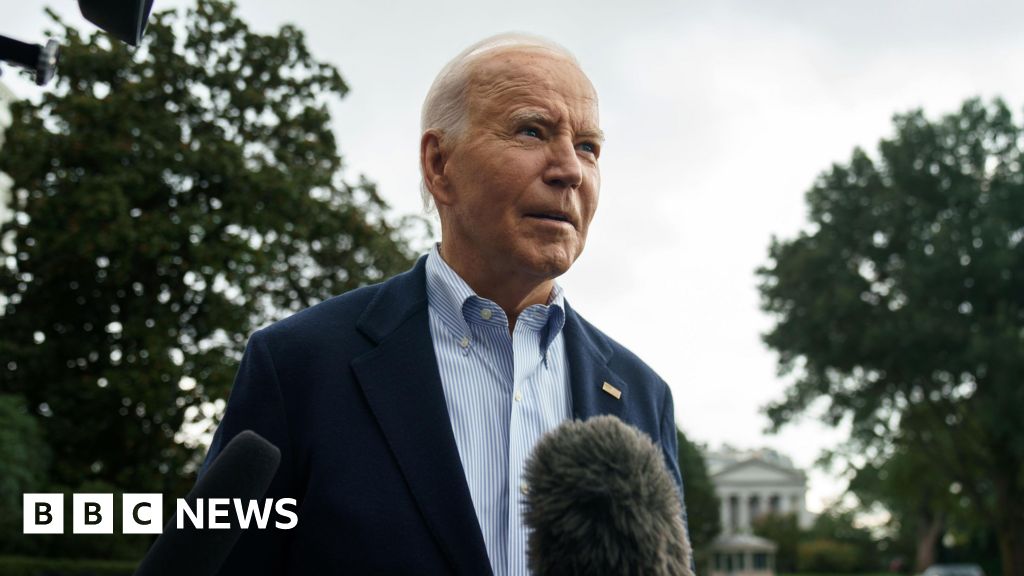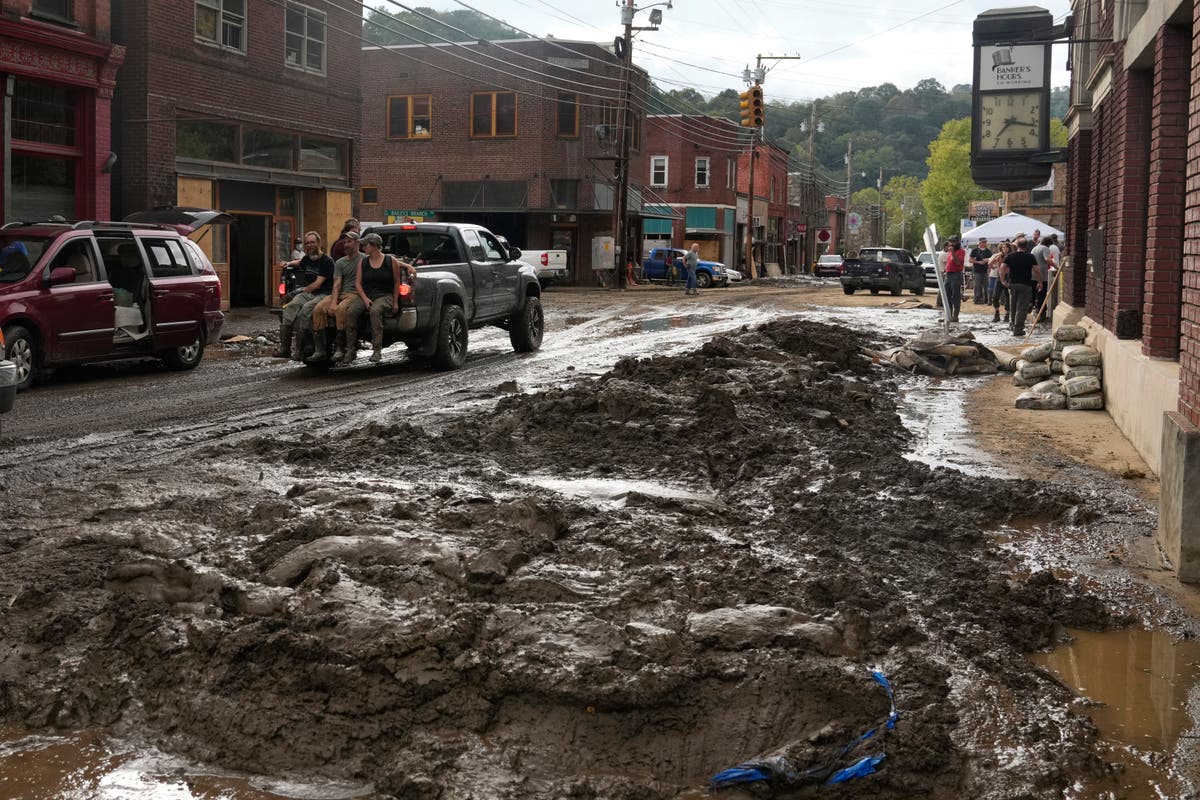An Indigenous voice is “an idea whose time will come” because without a consultation body governments will struggle to create effective policies, the Uluru statement from the heart architect, Megan Davis, has argued.
In some of her most expansive comments since the referendum was defeated a year ago, the law professor and co-chair of the Uluru Dialogue says many Indigenous leaders have not given up on pursuing constitutional change.
Davis said it was “incontrovertible” that current government policies weren’t working, and that the changes envisioned in the Uluru statement from the heart were still needed in Australia.
“It’s going to get more difficult and complicated for governments to function in this space without a body that they can say are legitimately elected representatives that they can consult as a voice,” Davis said, nearly one year on from the referendum.
“It’s incontrovertible in the evidence that Closing The Gap version two isn’t working. The Productivity Commission’s report actually spoke about voice being a really critical piece of infrastructure that’s missing from the policy landscape.”
Davis, a Cobble Cobble woman and constitutional lawyer, was one of the architects of the Uluru statement and its call for an Indigenous voice, alongside truth and treaty processes. In an interview with Guardian Australia, she maintained it was “the right idea at the right time”, and urged supporters to “stay true to Uluru” – even after the Labor government had appeared to wind back its commitment to a Makarrata commission.
“We’re not giving up on change … I don’t think the nation should give up on constitutional recognition,” Davis said.
“The constitution was built to change, my view hasn’t changed on that, but we do need to become more sophisticated as a nation in the way we approach change.”
The referendum was defeated by a 60-40 margin, failing to win a majority in any jurisdiction besides the Australian Capital Territory. She said many Indigenous people had been, and still were, going through a “grieving process” after the result.
Davis said, after a “tough year”, the Uluru Dialogue was focusing its next efforts on connecting with the 6.2 million voters who supported the yes campaign – and then considering next steps to keep pushing for changes.
“I think [Aboriginal and Torres Strait Islander] people thought Australia was one thing, and discovered it was another,” she said.
“Someone said to me, ‘you do realise there were millions of Australians who voted yes’… that has been a major saving grace for a lot of people, the fact that there is a solid foundation there of Australians who really understood the urgency of the voice and why it was needed.”

Davis did not suggest any imminent push for a fresh referendum, but said the ideas set out in the Uluru statement would “outlive” current governments and politicians.
She repeated previous concerns from voice supporters about misinformation and untruths from opponents through the referendum period, and conceded “the process got captured by politics and politicians in a way that wasn’t foreseen by the old people at the rock [Uluru]”.
Malarndirri McCarthy, the minister for Indigenous Australians, said the government had “delivered on the decades long call from First Nations Australians”, and that Labor “remain[s] committed to the principles of truth-telling and makarrata”.
after newsletter promotion
But is is unclear whether Labor would consider a makarrata commission, or a truth and justice commission as seen in Victoria. Anthony Albanese had committed to the Uluru statement “in full”, including its call for a makarrata commission, but in August, he said, “What we’ve proposed is makarrata just being the idea of coming together.”
McCarthy said in a statement: “Important work continues at a state and territory level when it comes to truth telling, treaty and agreement making processes. We are taking the time to listen and work with First Nations peoples and the community to determine the best path forward.”
“We acknowledge the pain that continues for many in the community but First Nations people are resilient.”
McCarthy said the government was focusing on improving health, education, employment, housing and justice outcomes for Indigenous Australians.
The first Closing the Gap report since the referendum, delivered in August, found the number of Indigenous Australians imprisoned, taking their own life and losing children to out-of-home care have all increased. Parties to the national agreement also cannot agree on an approach to measure priority areas. The Productivity Commission warned in February the agreement would fail without fundamental changes, and that successive governments have “failed to fully grasp” the challenges.
Davis said she was concerned about the future of Closing The Gap.
“Many decisions this year, many Aboriginal people making complaints about not being at the table and really key policy decisions that are made about our communities, tells us that that the status quo isn’t working,” she said.
“The Uluru statement, it might not be now, but it is an important roadmap to address these issues.”
But looking forward, she said she was buoyed up by some recent changes – such as the promotion of more Aboriginal history in school curriculums in NSW – as encouraging steps. Some supporters have pointed to issues like school curriculums and official histories as ways the truth component of the Uluru statement could be honoured.
“Australian history, and its fair teaching of Aboriginal history, is never not going to be a concern of ours,” Davis said.

 By The Guardian (World News) | Created at 2024-10-03 15:20:22 | Updated at 2024-10-03 17:28:56
2 hours ago
By The Guardian (World News) | Created at 2024-10-03 15:20:22 | Updated at 2024-10-03 17:28:56
2 hours ago



